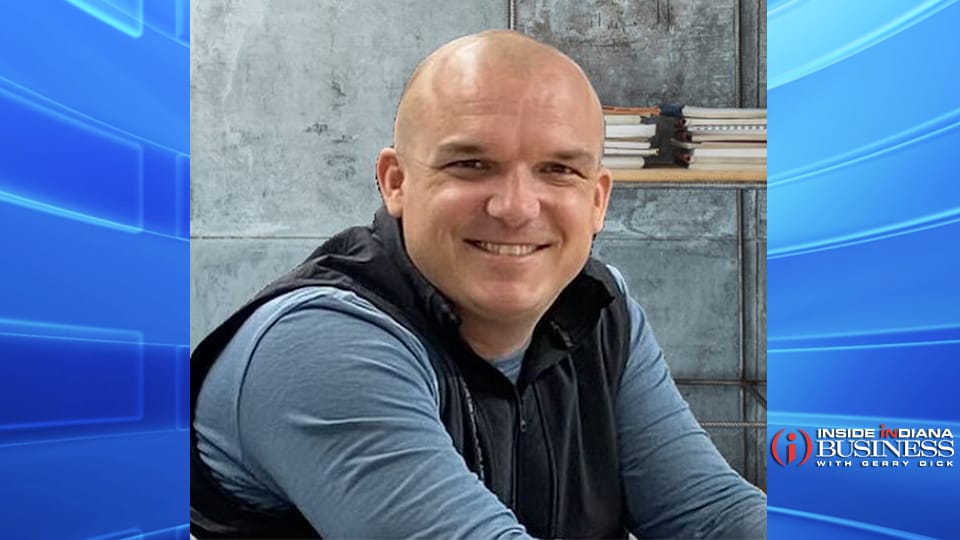Building a stronger education ecosystem
Subscriber Benefit
As a subscriber you can listen to articles at work, in the car, or while you work out. Subscribe Now
In the world of education, the headlines often scream about the shortage of teachers. Many entrepreneurs have sought to create education technology to solve this structural issue by creating solutions for the buyer (educational institutions). A key consideration that appears absent in many of these solutions is identifying the difference between the buyer and the end user. In analyzing education technology over the last 15 years, most investments have focused on the buyer. This focus is misguided.
The lack of focus on the end user is an epic failure of the education technology (EdTech) industry to disrupt and create meaningful change in the classrooms across our nation. The problem isn’t a lack of individuals willing to teach; it’s the absence of a clear and accessible pathway to transform that willingness into effective educators.
Today, our schools grapple with the challenge of recruiting and retaining K-12 teachers, a problem that transcends geographic boundaries. It’s time to recognize that this is not just a hiring problem, it’s a structural one. The teacher shortage in our schools is an issue that continually makes headlines, but it’s crucial to look beyond the surface. While communities have individuals willing to step into the classrooms, the challenge lies in creating a clear and accessible pathway to transform their passion into effective, licensed educators.
Similarly, other industries suffer from a talent pipeline issue, not because the jobs aren’t attractive or high-paying but because potential talent is funneled into higher education as a social safety net. Nate Feltman wrote in his Opinion/View Point piece, “The educational attainment trends do not bode well for Hoosiers and the state’s economy. Over the past decade, the percentage of Indiana high school graduates enrolling in postsecondary education has dropped from 63% to 53%. And only 65% of Hoosiers who do attend college in Indiana stay here.”
Apprenticeship-based bachelor’s degrees are uniquely positioned to address this issue and might be our best hope to bridge this gap. New operations within Institutions of Higher Education and rethink the business model for providing credit-bearing credentials, rigorous training, as an effort alongside employers and giving credit for the training that employers provide to their new hires.
The innovative approach of apprenticeship-based bachelor’s degrees offers a solution by providing a pathway for young professionals to take entry-level positions in industry while also gaining the credentials of a bachelor’s degree. This means that individuals are getting a valuable education while also earning a full-time salary and not accumulating student loan debt. Furthermore, this approach incentivizes the choice to work by shortening the timeline required to obtain a valuable bachelor’s degree and cutting the costs of obtaining that credential to a tenth of the market rate for traditional degrees. Finally, it should be mentioned that this opportunity provides flexible options for people who choose industries like teaching, nursing, skilled trades, advanced manufacturing, and entrepreneurship. [MakersIndex]
Apprenticeship-based degrees are not here to displace traditional higher education but to provide a vital alternative pathway. The statistics speak for themselves: when only 46% of individuals on the traditional path successfully obtain their degrees within six years of starting, and many are left with the burden of debt and shattered dreams, it’s clear that we need a different approach. Also stated by Nate Feltman, “Indiana must increase the number of working adults and improve our workforce readiness. That means better matching our education programs with the current and future needs of businesses. Implementing a statewide apprenticeship program holds great promise. Education leaders, business leaders and elected officials must work together to implement an apprenticeship program that works for Hoosiers.”
I would argue that this innovation is already here. With MathTrack Institute’s work leading the nation in flexible models for apprenticeship-based degrees for the sciences, Indiana is far ahead of other States.
Dr. Kevin Berkopes, Studio Associate of NEXT Studios and cofounder of MathTrack Institute
